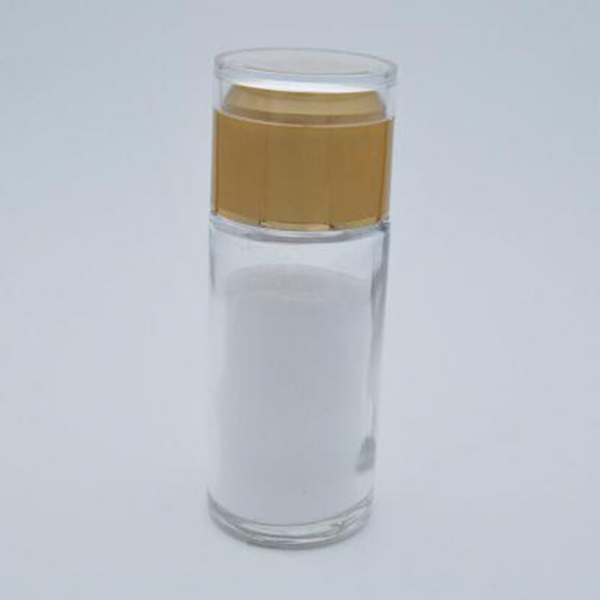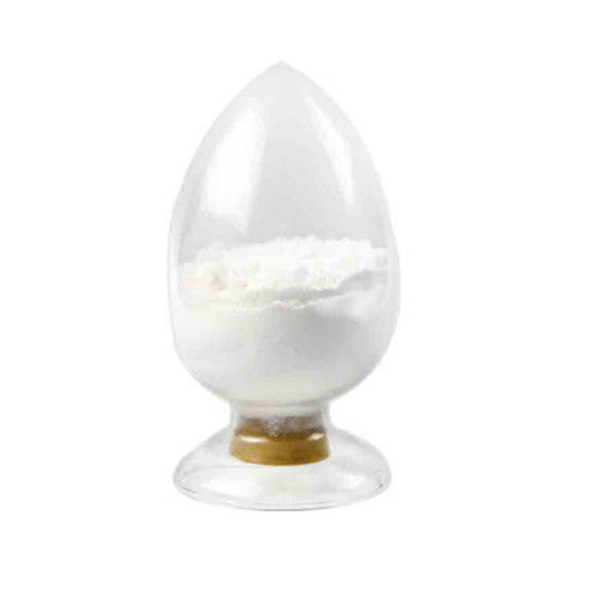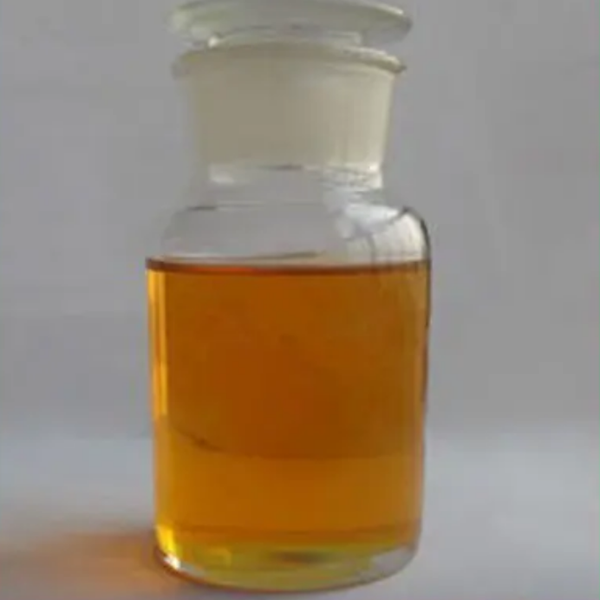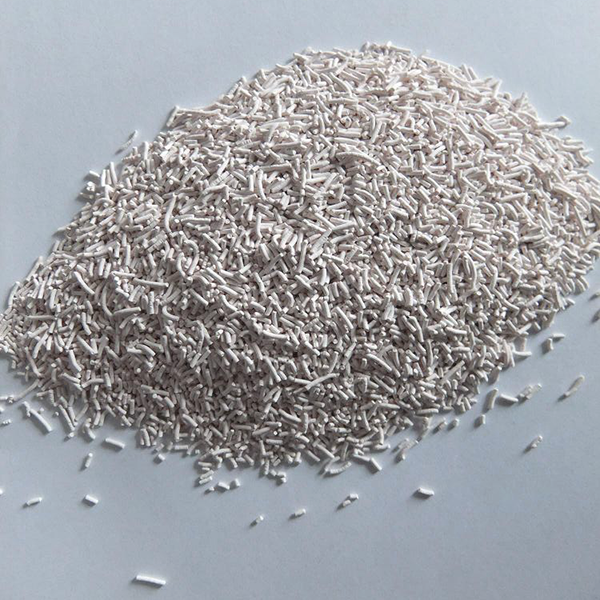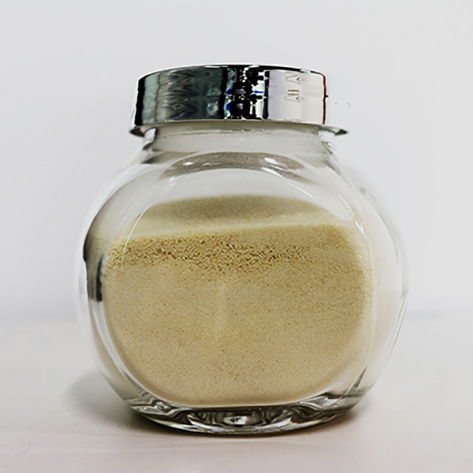Amicarbazone broad-spectrum herbicide for weed control
Product description
Amicarbazone has both contact and soil activity. It is recommended for application pre-plant, pre-emergence, or post-emergence in maize to control annual broadleaf weeds and pre- or post-emergence in sugar cane to control annual broadleaf weeds and grasses. Amicarbazone is also suitable for use in no-till systems in maize. Amicarbazone is highly water soluble, it has a low soil organic carbon–water partition coefficient, and does not dissociate. Although previous research suggests that amicarbazone persistence may range widely, it has been reported to be very short in acidic soils and moderately persistent in alkaline soils. The product can be used as a burndown treatment for emerged weeds. Amicarbazone shows excellent selectivity in sugar cane (planted and ratoon); foliar uptake of the product is limited, allowing good flexibility in terms of application timings. The efficacy is better in rainy season than dry season cane crops.Its efficacy as both a foliar- and root-applied herbicide suggests that absorption and translocation of this compound is very rapid. Amicarbazone has a good selectivity profile and is a more potent herbicide than atrazine, which enables its use at lower rates than those of traditional photosynthetic inhibitors.
This new herbicide is a potent inhibitor of photosynthetic electron transport, inducing chlorophyll fluorescence and interrupting oxygen evolution ostensibly via binding to the QB domain of photosystem II (PSII) in a manner similar to the triazines and the triazinones classes of herbicides.
Amicarbazone has been designed to take the place of fellow herbicide atrazine, which has been banned in the European Union and widely used in the U.S. and Australia.
CropUses:
alfalfa,corn,cotton,maize,soybeans,sugar cane,wheat.

